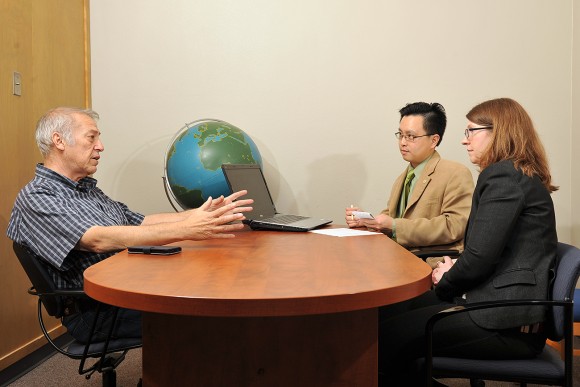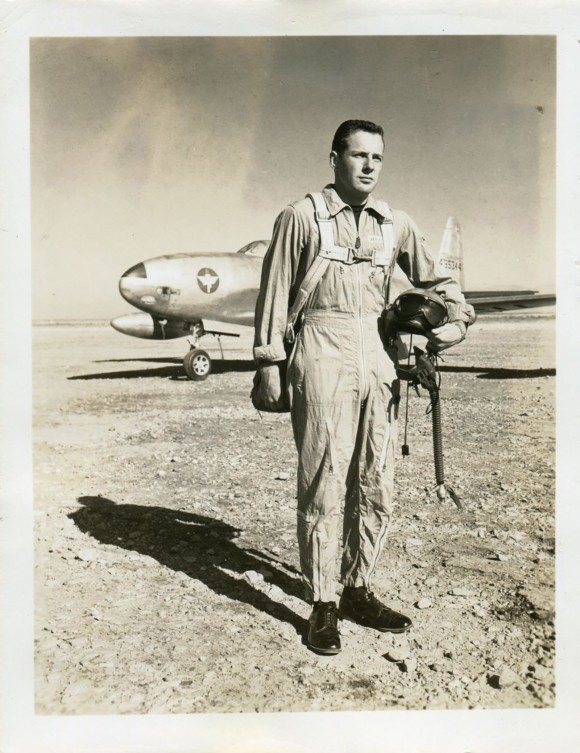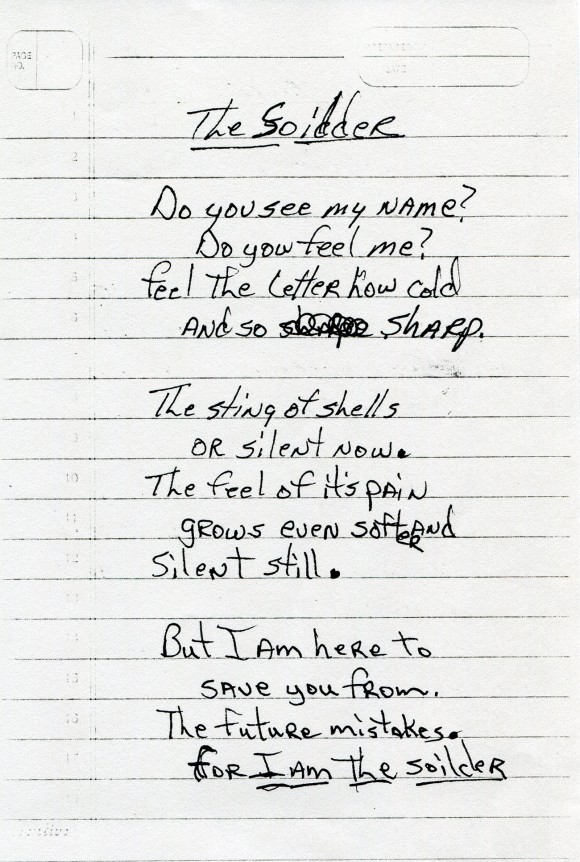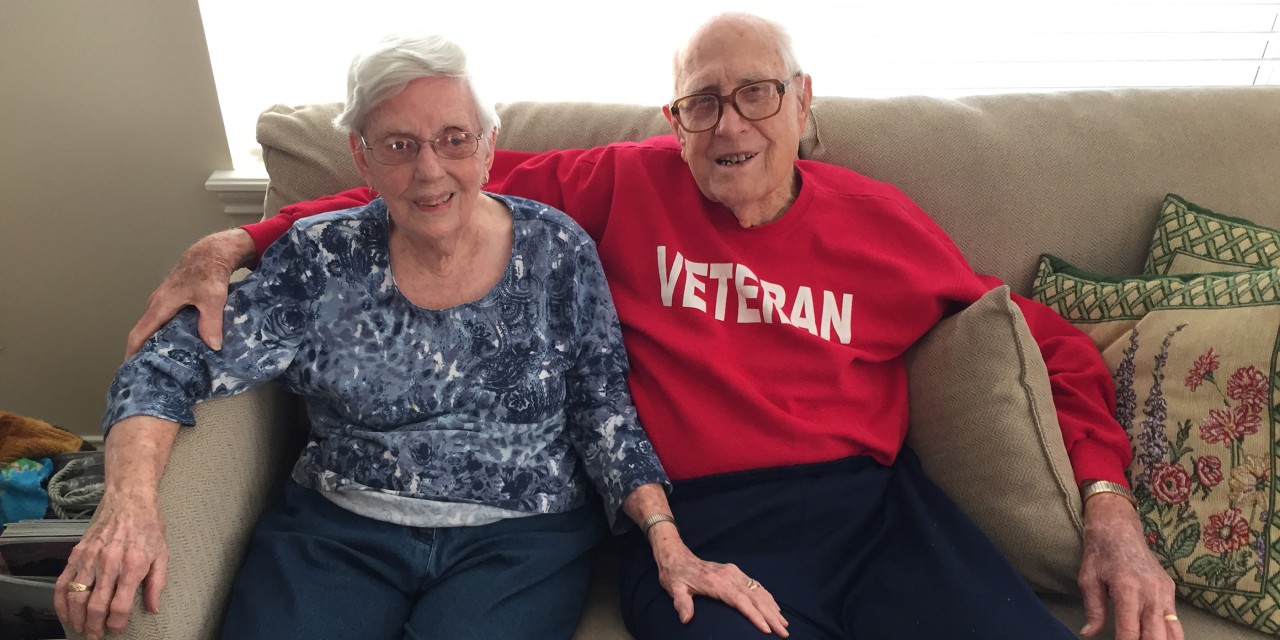West Texas has deep and longstanding connections to the United States Armed Forces. War Stories: West Texans Experience War is an archiving project at Angelo State University led by Christine Lamberson and Kanisorn Wongsrichanalai. Supported by the National Endowment for the Humanities, this project creates opportunities for history students and student veterans to interview veterans and their families and to collect, preserve, and analyze items that represent their experiences in the military from World War I to the present.

War Stories emphasizes the importance of military families, Lamberson explains: “Our project is designed to preserve and tell the stories of West Texas veterans and their family members. We think of their family members as being an important part of the military experience. You know, they served in their own ways alongside the military members, so we talked to mothers, wives, fathers, brothers, etc. of people who were active duty or deployed about their own experiences as well.”
The project connects with people who have had a variety of experiences with the military. “We have really tried to emphasize in this project the extent to which there's incredible diversity of experiences and participation,” Lamberson notes. “One of the things that we try to do is to get as many people, whether they were building the barracks or they were in combat or whatever their contribution was, whether they stayed in the United States or served overseas. We hope that will provide a little bit more texture to thinking about the relationship between the military and the United States and what the military experience is like and a broad vision of what that means.”


The project is driven by the contributions of students and student veterans in history classes that explore aspects of the experience of war. “We are primarily a teaching institution. We are a regional, public university, and it's really important to us to have this project as something that students are working with,” Lamberson explains. “More or less every semester, we have a class that participates in the project in some way. Different classes participate in different ways, but typically the students will do an oral history interview. Because it is a regional institution and the region does have a lot of ties to the military, many of those students actually know someone themselves who is a veteran.”
Other efforts to recruit participants involved outreach to local media and “history harvests” around West Texas.
“This project and projects like this serve a lot of people,” Lamberson notes. “It has been striking to me the extent to which this project has touched, interacted with, and gotten people involved who don't normally get to think about or participate in the making of academic history.”
